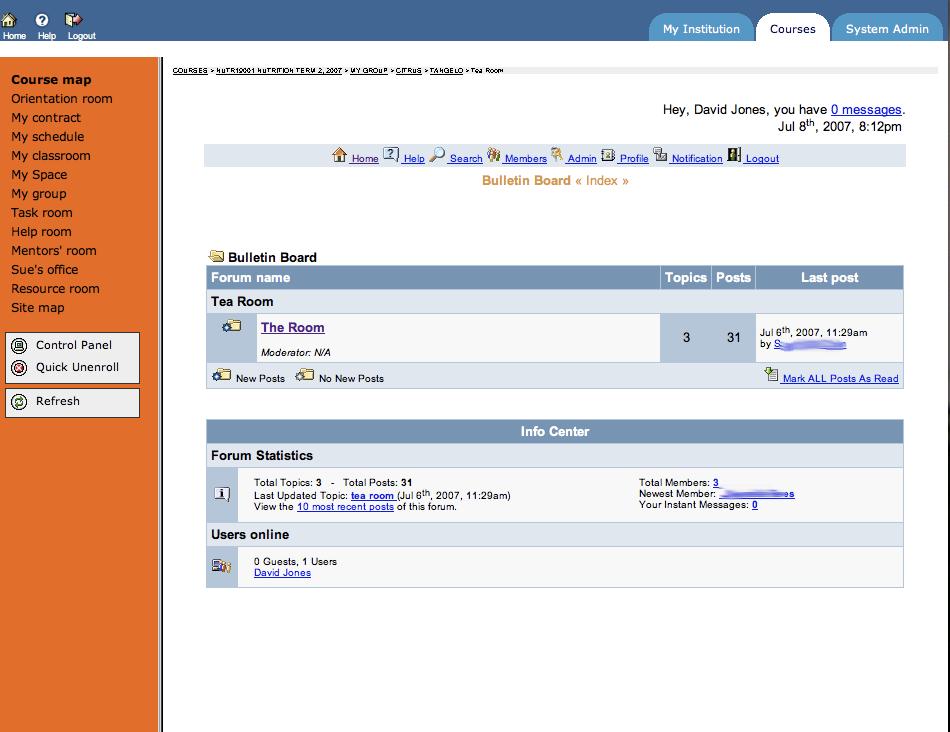Home » Posts tagged 'Graduate Teaching'
Tag Archives: Graduate Teaching
Digital Pedagogy 2: Too OER, Too Curious*
So, this past semester, I had the great privilege of teaching a class in the CUNY Graduate Center’s Digital Humanities MA Program. Not only that, but I got to design the whole thing, from top to bottom, with no example or prior syllabus to go on. It was my first time teaching at the graduate level, developing a seminar, and teaching a class about teaching or OER- lots of firsts.
It
Was
Awesome.

We decided as a group that our class website and discussions would be a walled garden, just for us, so I won’t tell you about how A-MAZ-ING these students were or the awesome work they did. If they ever choose to share it publicly, I’ll be first in line to amplify, but that day may never come, and that’s okay. I was incredibly privileged to see such awesome work develop, and for that I will be forever grateful to the students and to the DH Program for having me. You can, however, see (and copy/adapt) the syllabus here if you’re interested.
When I got the gig, I was extremely nervous, having never taught a grad class, and having been out of graduate school for quite some time. The last time I took a formal class on teaching was during the first George W. Bush administration; the class covered none of what I know and value about teaching now and none of the educational technologies I regularly use existed then (with the notable exception of Blackboard, which worked then about the same as it does now, which is to say, worked-ish).

Given that it was a graduate class with a much smaller size than I am used to, I took it as a chance to really put my open pedagogy where my mouth was. I planned readings for most of the weeks, but left three as TBD, which we voted on as a class. We co-created our own loose “rules of the game” document, for what our expectations for class behavior and interactions should be. The final project was completely open and each student developed their own, leading to more interesting and creative work than I could ever have planned out myself.
As a class on OER, it seemed only right to have all of the readings be open. There was so much good stuff to consider that I actually put too much on the syllabus. Spring 2021 was very much still a pandemic semester- still meeting only by zoom and not online by choice, still everyone stressed by the ongoing pandemic, etc. Exhaustion and burn out came up frequently in our discussions, and I tried to lighten the reading load as much as possible (I failed in several places, but luckily my students were able to tell me that I needed to scale it back. The “suggested readings” section for each week is my new favorite spot- all of the things that we should read, if we could read, but we can’t, so come back to it when you can if you like. It is a bit funny to me that having too much reading became an issue, as not finding enough reading or the right reading was my primary worry as I designed the syllabus- classic first-time-with-a-new-prep stuff, which I responded to with the equally classic assign-way-too-much-reading.
In a future semester, I would move up multimedia OER, and add a “Convert-A-Thing (Course/Assignment/Module) to OER” workshop where we work hands-on together to do OER, as a bit of doing-OER would have clarified a lot of the reading-and-talking-about-OER work we did. I should also add more podcasts to the possible readings/viewings/listenings- there are so many good ones! The focus on text-based materials really shows my own biases (I have a thing about talk radio and podcasts- I may be the only academic you’ve ever met who doesn’t listen to NPR. This is all probably linked to a childhood of involuntary exposure to blaring sports talk radio, but I digress).
While I greatly enjoyed the experience of teaching and learning with graduate students, I want to reiterate that I do not believe that graduate students are any smarter or better than community college students; they’re just different, and benefit from a different approach, as they’ve had more experience in academia than the first and second year students it is my usual joy to learn with. Having a class that was ⅓ of my usual section was arguably a much bigger difference than the level of the class- it’s amazing how much easier it is to build community with 10-14 people than it is with 30 or 45, especially online. Moving forward, I’ll definitely be fighting to decrease class sizes on my home campus. Many of the things that made teaching this grad class fun- treating my students like adults with complex lives, valuing the interesting perspectives and experiences they bring to the class, making space for students to do the thinking and talking in class and out of it, allowing students to choice the work that is most useful to them- are all things I’ve been trying to incorporate in my introductory level classes. The grad class experience was a nice reminder to keep going and do more.
*I wanted to call the class DigPed2: OER Boogaloo, as an homage to the classic film, but since these jerks have coopted the word, I had to settle for a reference to a slightly less dance-y franchise.

